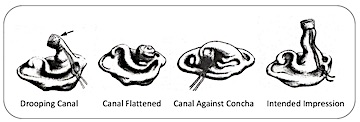Aug. 29, 2012
By Fred Cohen Douglas Bahl, an advocate for the deaf, teaches American Sign Language (ASL) at the University of Minnesota. He reads English at a sixth-grade level, and usually communicates in ASL, though he uses a Blackberry handheld device to communicate by text and email. When Bahl communicates with non-ASL speakers in person, he typically uses an interpreter or alternatively







